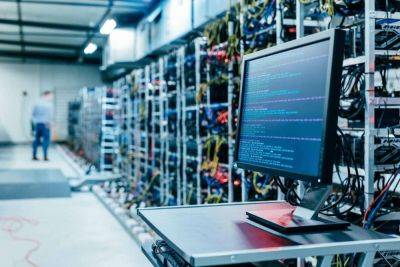How an ‘internet of AIs’ will take artificial intelligence to the next level
HyperCycle is a decentralized network that connects AI machines to make them smarter and more profitable. It enables companies of all sizes to participate in the emerging AI computing economy.
Artificial intelligence (AI) is a rapidly evolving field that seems likely to fall into the hands of major companies or organizations with nationally driven budgets. One might think that only these have the massive financial resources to generate the computing power to train and ultimately own AI.
Recent events at OpenAI, a developer of the AI chatbot ChatGPT, highlight the challenges of centralized AI development. The firing of CEO Sam Altman and the resignation of co-founder Greg Brockman raise questions about governance and decision-making in centralized AI entities and highlight the need for a more decentralized approach. Srinivasan Balaji, a former chief technology officer at Coinbase, has become a staunch proponent for increased transparency in the realm of AI, advocating for the adoption of decentralized AI systems.
In addition to centralization, there’s a lot of fragmentation in the AI space, meaning cutting-edge systems are unable to communicate with one another. Moreover, a high degree of centralization brings considerable security risks — and reliability issues. Plus, given the vast amounts of computing power needed, efficiency and speed are key.
To achieve the full potential of AI that answers to all of humanity, we need a different approach — one that decentralizes AI and allows AI systems to communicate with each other, eliminating the need for intermediaries. This would increase AI systems’ time to market, intelligence and profitability. While many systems are currently specialized in specific tasks, such as voice or
Read more on cointelegraph.com
 cointelegraph.com
cointelegraph.com




















